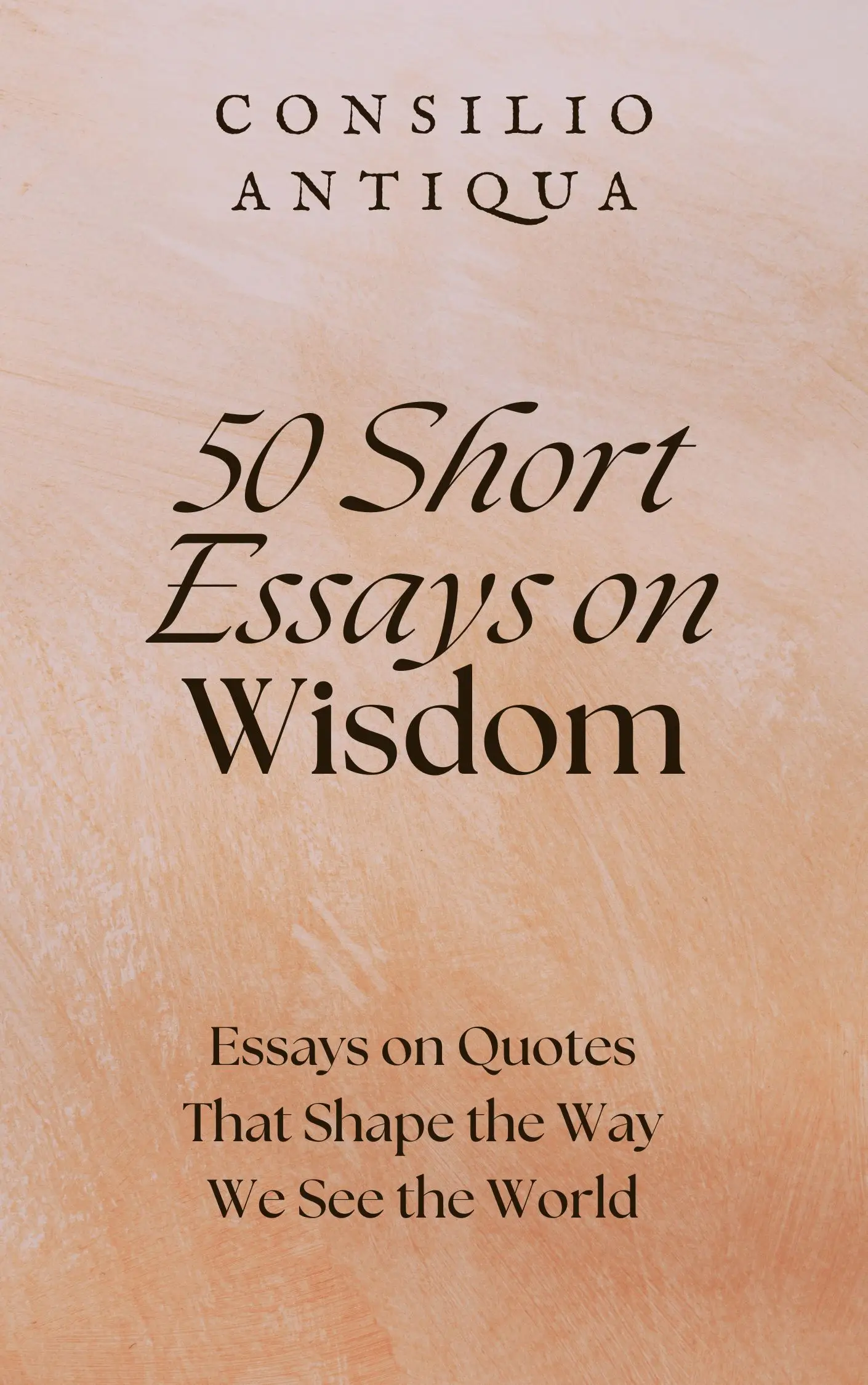
50 Short Essays on Wisdom | The Unhurried Path
The Unhurried Path
"Haste makes waste." - John Heywood
The chipped ceramic mug warmed my hands, the lukewarm tea doing little to soothe the simmering frustration. I’d rushed the project, sacrificing meticulous detail for breakneck speed, and the result was a cascade of errors, a testament not to my efficiency, but to my impatience. John Heywood's proverb, "Haste makes waste," echoed in my mind, a stark reminder of a timeless truth often overlooked in our frenetic modern world. This essay explores the enduring wisdom of this simple adage, examining its historical roots and its profound relevance to our lives today.
The proverb "Haste makes waste" boasts a rich history, appearing in various forms across cultures and centuries. While its precise origin remains elusive, its essence resonates deeply within the wisdom traditions of many societies. Ancient philosophers, from the Stoics emphasizing deliberate action to the Buddhists advocating mindful presence, understood the pitfalls of impulsive behavior. Consider the meticulous craftsmanship of medieval artisans, their dedication to slow, deliberate work resulting in enduring works of art. Even in military strategy, hasty decisions often led to disastrous consequences, highlighting the importance of careful planning and foresight.
At its heart, "Haste makes waste" speaks to the inherent interconnectedness of speed and quality. Rushing through a task, whether it's writing a report, building a relationship, or creating a piece of art, often compromises the final product. It's not merely about efficiency; it's about the quality of attention, the depth of engagement. The wisdom lies in understanding that true progress often requires patience, allowing ideas to mature, allowing skills to deepen, allowing understanding to blossom. This isn't a call for indolence, but a plea for mindful action, a recognition that some things are best approached with deliberate slowness.
Our modern world, saturated with the immediacy of technology and the pressure of instant gratification, often exacerbates the problem of haste. Software projects are rushed to market, leading to bugs and security vulnerabilities. Relationships are built on fleeting connections, lacking the depth and commitment that time cultivates. Personal projects remain unfinished, abandoned in the face of impatience. The constant barrage of notifications, the relentless pursuit of productivity, all contribute to a culture of haste, leaving us feeling depleted and unfulfilled. The antidote lies in cultivating mindful pauses, in prioritizing quality over quantity, in embracing the beauty of slow, deliberate work.
How often have you rushed through a task, only to regret the shortcuts you took? How often have you sacrificed quality for speed, leaving a trail of unfinished projects and unmet expectations in your wake? Consider the areas of your life where haste has proven detrimental. Perhaps it's in your work, your relationships, or your personal pursuits. What would happen if you consciously slowed down, allowing yourself the time and space to approach each task with greater care and attention? What might you create, what might you achieve, if you embraced the unhurried path?
"Haste makes waste" is not merely a proverb; it's a profound invitation to cultivate a more mindful and deliberate approach to life. It's a reminder that true progress is not always measured in speed, but in the quality of our attention, the depth of our engagement, and the enduring value of our creations. By embracing patience and deliberate action, we can move beyond the frantic pace of modern life and discover a deeper sense of fulfillment and purpose.
